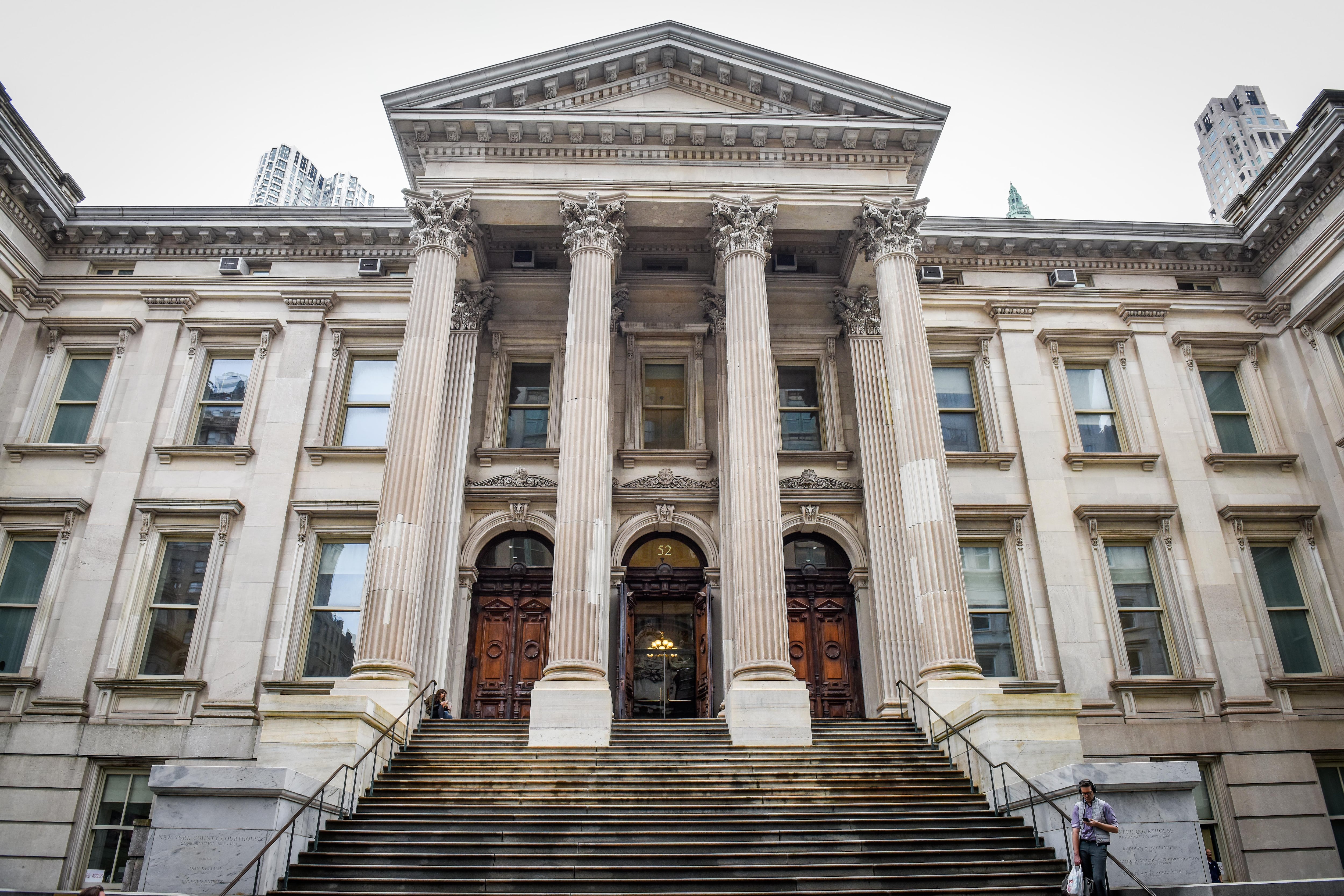A top education department official who oversaw payments to city-funded preschools is abruptly exiting the agency right as a crisis of delayed reimbursements comes to a head.
Simone Hawkins, who served as executive director for operations in the education department’s early childhood division, left the agency Oct. 21, just two days after testifying at a City Council hearing focused on late payments to providers.
In an email bulletin last Friday, Deputy Chancellor Kara Ahmed, who oversees early childhood education, said that Hawkins’ departure had been in the works for “several weeks” and praised her “extraordinary leadership.”
But one former staffer in the early childhood division, who spoke on the condition of anonymity, said employees working under Hawkins were caught off guard by the departure – and wonder what it will mean for the agency’s efforts to address a glut of delayed payments that have already forced some providers to close their doors for good.
“Her people were shocked, nobody had any idea,” the former staffer said. “We haven’t gotten a sense of whether she was a sacrificial lamb or if she legitimately did leave because she thinks it’s all gonna come crashing down.”
Education department officials said Hawkins’ departure was for “personal reasons.” Attempts to contact Hawkins were unsuccessful.
Hawkins’ exit comes at a financial crisis point for many preschool operators in the city’s prekindergarten and 3-K programs, who say they’ve been waiting months for payments and are on the brink of insolvency.
“It’s been beyond insane and frustrating,” said Sasha Maslouski, the operator of Snapdragon Place preschool in Brooklyn, who signed up to join the city’s 3-K program this year, but said she still hasn’t received payment. “I don’t want to be in the position where I can’t pay my teachers and I’m losing staff.”
Some operators have already had to close their doors because of the delays.
Sheltering Arms, which ran six preschool locations in the Bronx, Queens and Manhattan, announced late last month that it was closing all of its locations because it was short roughly $2 million in education department reimbursements, the New York Post reported.
The Day Care Council of New York, an organization that represents city-contracted child care providers, reported 42% of the nearly 160 providers they surveyed had to miss payroll or delay payments to vendors because of late reimbursements from the city’s education department.
As of the end of September, child care operators were owed a total of $469 million by the education department for work performed during fiscal year 2022, an audit from the group SeaChange Capital Partners estimated.
Education department officials have cast the blame on faulty payment systems they inherited from the past administration.
“There just were not systems that were in place … there was not infrastructure in place,” Ahmed said at Wednesday’s City Council hearing.
City-contracted child care have to submit invoices once a month to get paid, and snags in one month’s invoice can muck up subsequent payments, said Gregory Brender, the chief policy and innovation officer at the Day Care Council.
Ahmed said her team is working to make the monthly invoice process less “cumbersome” and launching a “massive outreach” to push providers with outstanding invoices to file them.
Josh Wallack, the former head of early childhood under Mayor Bill de Blasio, who oversaw the launch of universal pre-K and 3-K, said that the shift to monthly invoices was meant to better capture real-time enrollment, which was previously recorded less frequently, to ensure preschools can get additional funding for kids who sign up midway through the year.
He conceded that payment delays are not a new issue, and that a recent renewal of contracts may have created some new issues. But he said those problems should not be an “insurmountable technical obstacle,” and noted that the new administration has had ten months to work out kinks.
“I think what’s happened here is orders of magnitude more significant and different” than past payment delays, he added.
Education department spokesperson Suzan Sumer added that the agency is “working closely with individual providers on a case-by-case basis and scheduling regular meetings as needed to address and process payments.”
But Brender said that while the “DOE has worked on individual cases … the challenges are systemic and we need to address it systemically. You can’t troubleshoot 1,500 contracts.”
Financially strapped providers, meanwhile, aren’t sure how much longer they can wait.
Many child care providers are planning to participate in a “stroller brigade” across the Brooklyn Bridge to city hall Wednesday to stage a “day without child care” and call attention to the delays.
Sonja Neill-Turner, the director of Brooklyn Sandbox in Park Slope, joined the pre-K and 3-K initiatives this year and was expecting payments as early as August, but said the education department didn’t register her contract until mid-October. Neill-Turner recently got an advance for her 4-year-olds but no payment yet for the 3-year-olds.
“It’s a heart attack, waiting for all of this to come through,” she said. “To lose, from what I know, two schools already to nonpayment of a contract, it’s really tragic.”
Reema Amin contributed to this story.
Michael Elsen-Rooney is a reporter for Chalkbeat New York, covering NYC public schools. Contact Michael at melsen-rooney@chalkbeat.org.






